Channel Islands National Park
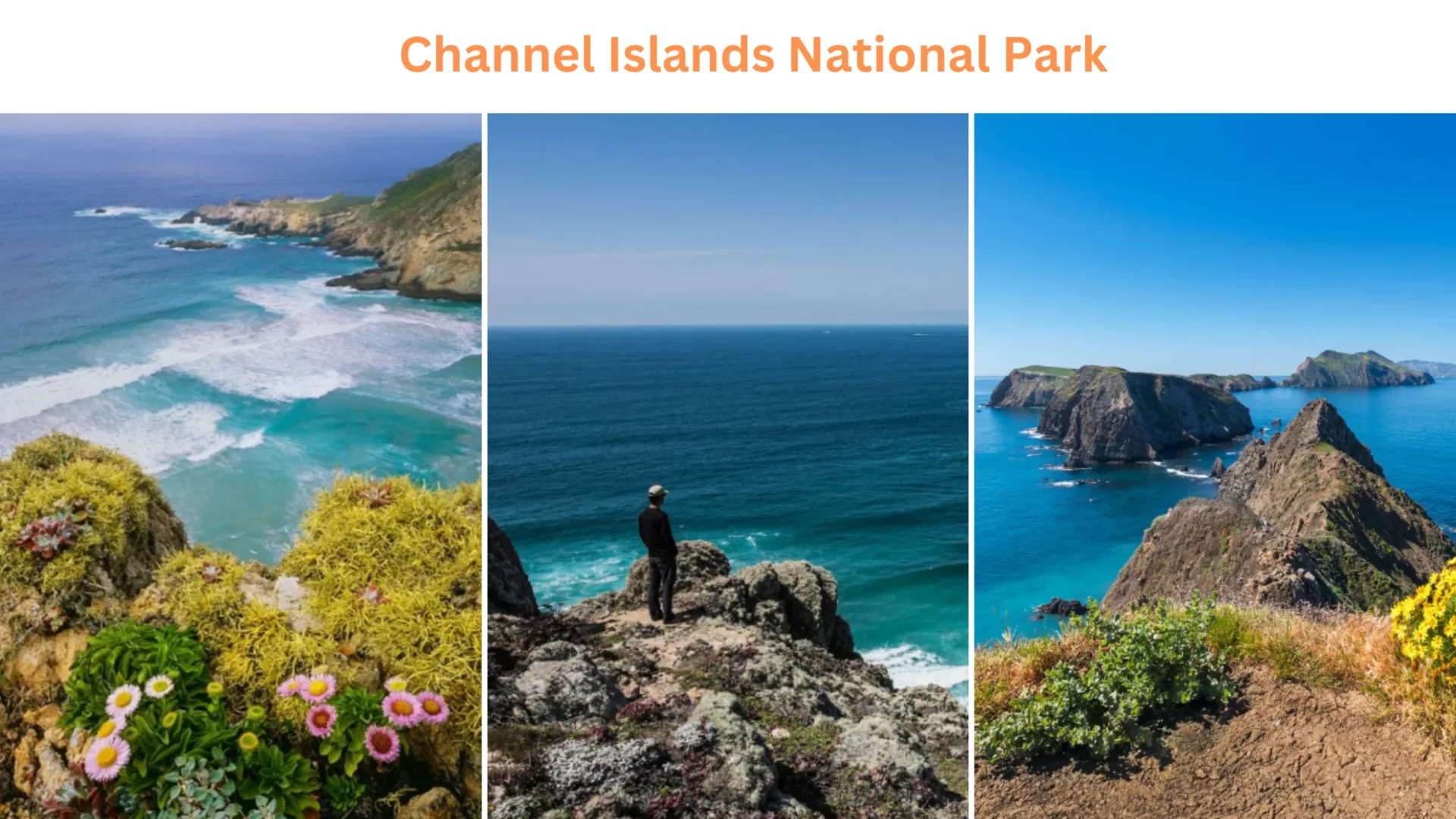
Channel Islands National Park is a national park. It includes five of the eight Channel Islands found off the coast of Southern California and their surrounding waters. Located in southern California, close to Los Angeles, on five of a chain of eight islands, Channel Islands National Park is home to a wide variety of natural and cultural assets that are significant on both a national and worldwide scale.
These natural and cultural treasures are remarkable for a variety of reasons. Nearly 2,000 distinct types of plants and animals call the park’s ecosystem home. One hundred and forty-five species can only be found on these islands.
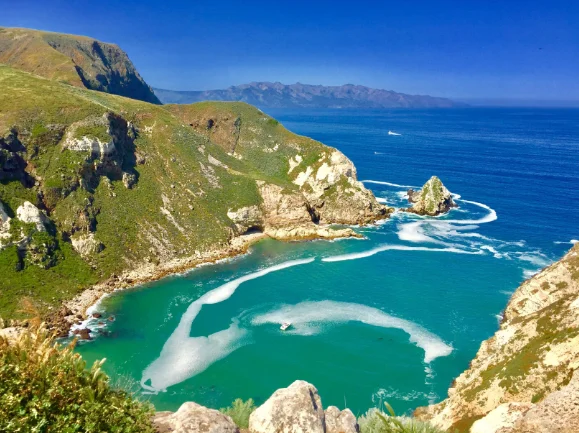
Everything from tiny plankton to the world’s largest living mammal, the blue whale, may be found in the ocean. Cultural and archaeological artifacts date back more than ten thousand years. Half of the park’s 249,354 acres are underwater, and the islands of San Miguel, Santa Rosa, Santa Cruz, Anacapa, and Santa Barbara form a part.
Picnicking At Channel Islands National Park
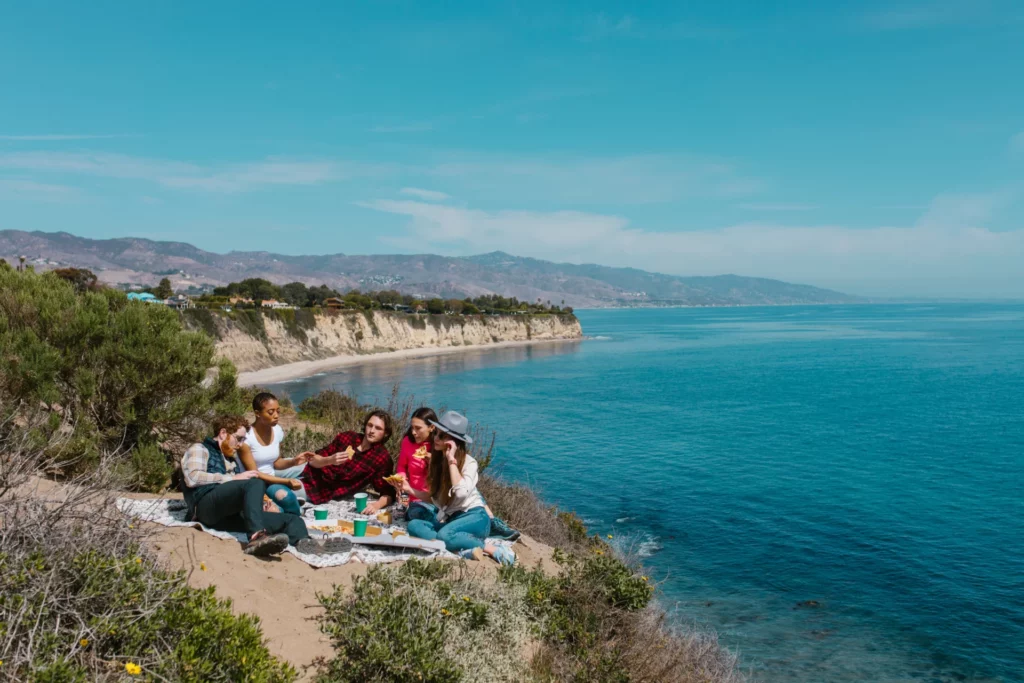
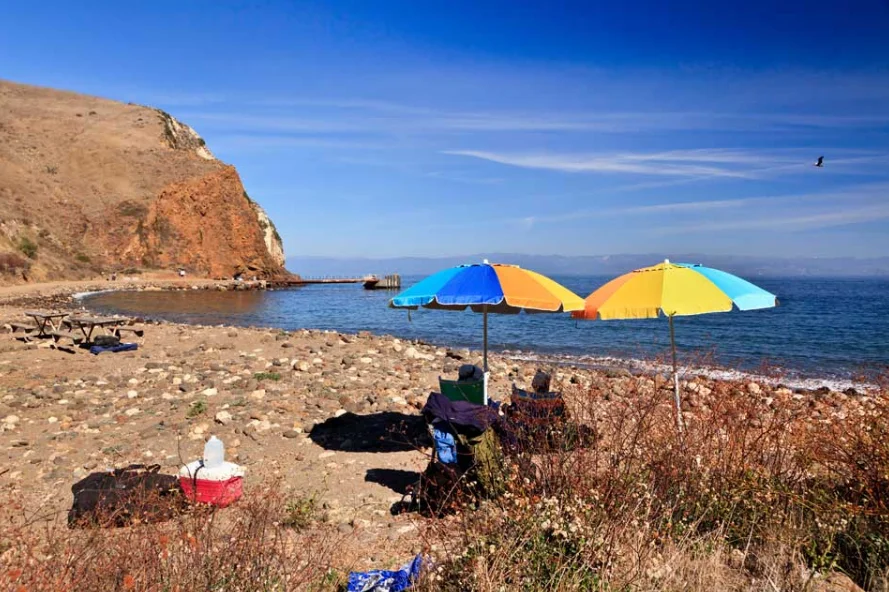
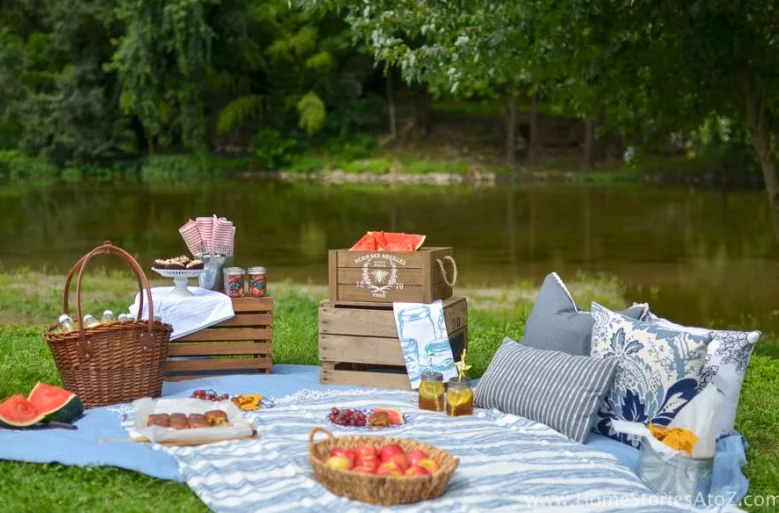

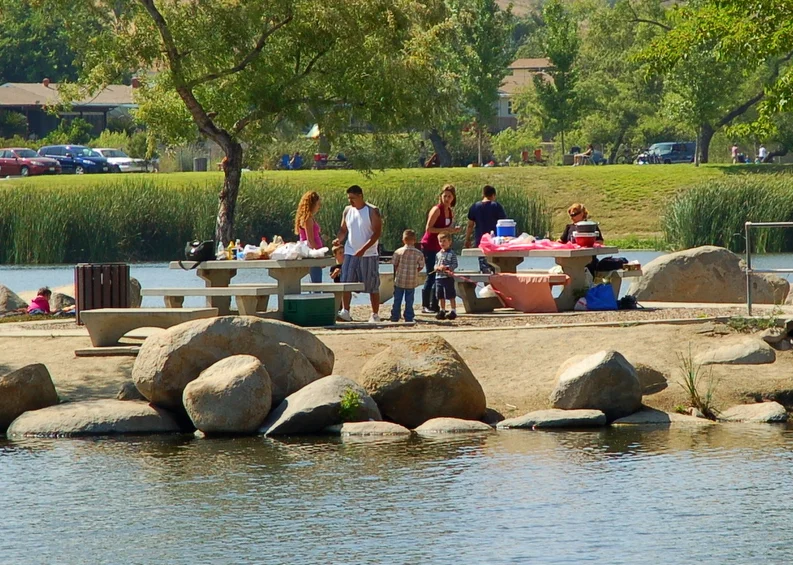
Channel Islands National Park is a great location to take your family on a picnic because every island in the park has picnic facilities. Campers and tourists take advantage of the island’s pleasant weather to picnic on one of its many beaches. Visitors are still obliged to carry their food and water to the park despite potable water being accessible on Santa Cruz Island and Santa Rosa Island. Visitors will find a public pit toilet on each park’s islands.
Birding At Channel Islands National Park
Different bird species may be found on the website islands and the mainland of Channel Islands National Park. Bird watching on the islands is, therefore, distinct from that on the mainland.
The islands provide nesting grounds for various seabirds and shorebirds, including western gulls, California brown pelicans, Scripps’s murrelets, and Brandt’s cormorants. Watch for these birds as you travel to the island by boat. However, land birds prefer the peninsula of California as their home.
Wildflowers At Channel Islands National Park
The Channel Islands National Park is home to over 800 plant species. Size, distance from other islands and the mainland, geographical diversity, maximum elevation, and climate are just a few criteria determining which flowers can flourish on each of the park’s islands.
The combination of these factors results in unique plant life on each island. As a result, you may look forward to seeing many different kinds of stunning wildflowers.
Marine Life At At Channel Islands National Park
The Channel Islands National Park protects Santa Barbara Channel, and the islands and waterways surrounding it provide breeding grounds for various marine species. Marine creatures such as seals, whales, sea lions, and dolphins are frequently spotted in the park’s seas.
Dolphins frequently travel great distances by riding the bow waves of boats carrying campers to and from the islands. Grey whales also frequent the park’s waters between December and March.
Hiking At Channel Islands National Park
Campers and day-trippers to Channel Islands National Park will find numerous hiking paths across the park’s islands. The routes might be as simple as flat and well-maintained or as tricky as mountainous and poorly-maintained.
The park offers a wide variety of activities. Hikers should respect the privacy of wildlife and remain clear from precipices to ensure their safety while camping. When venturing out on island hikes, be sure to pack some water.
Boating At Channel Islands National Park
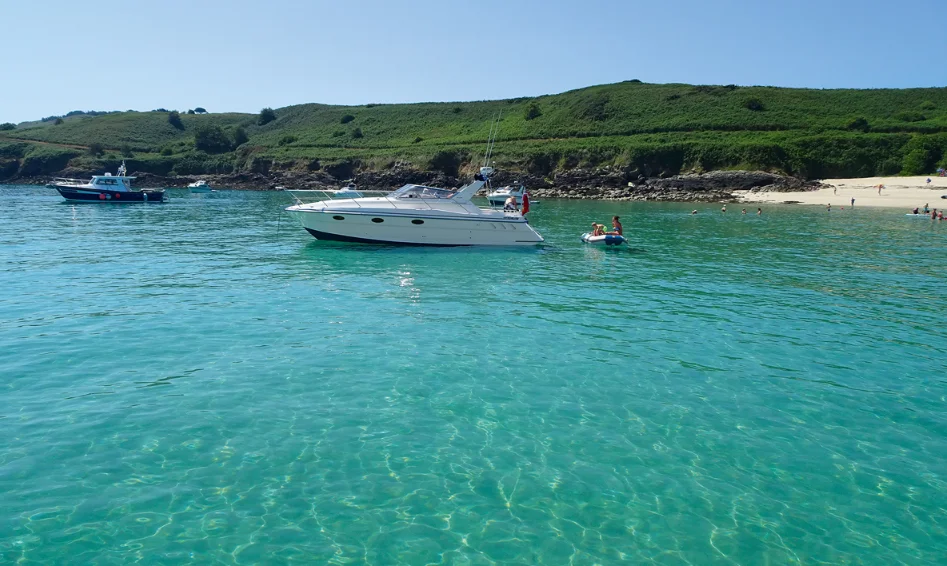
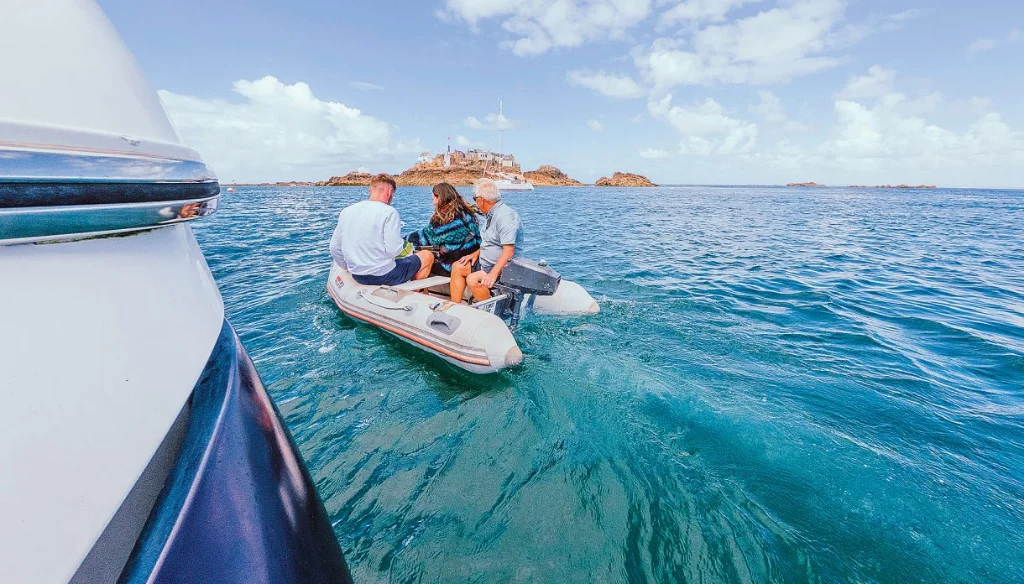
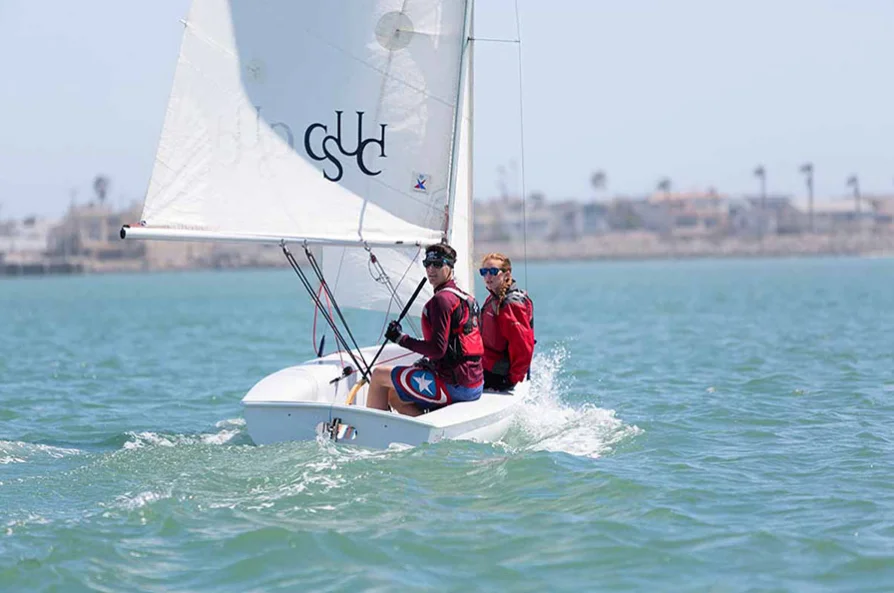
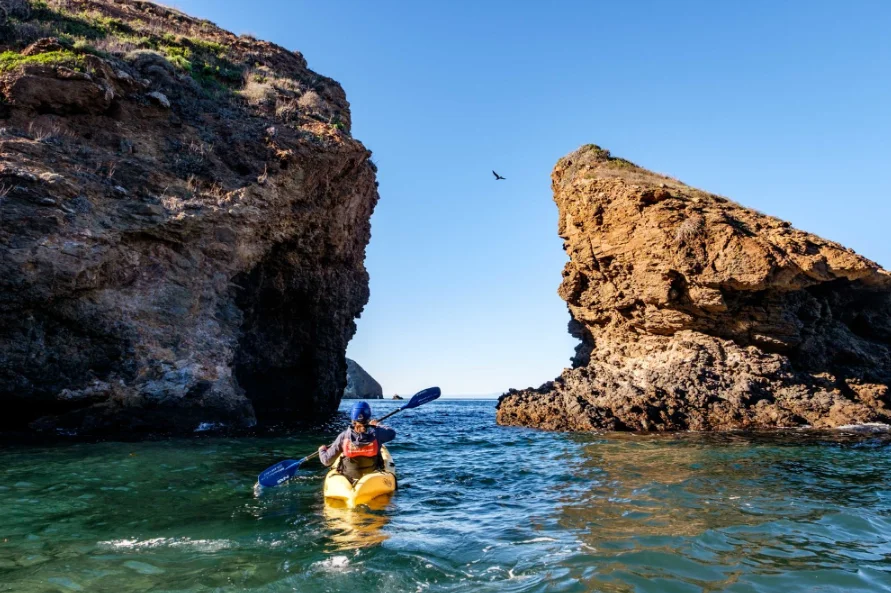
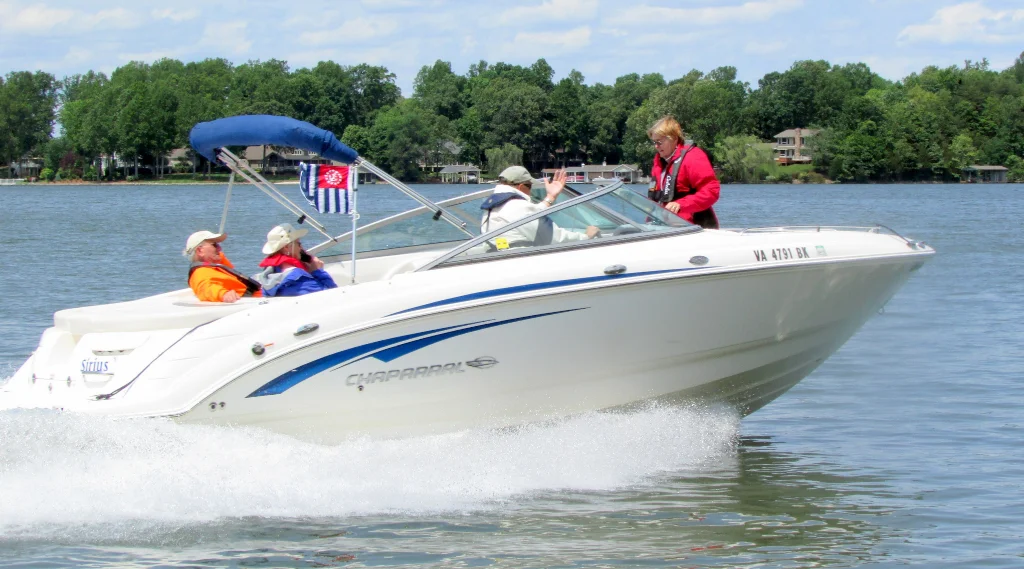
Exploring the pristine marine environment of Channel Islands National Park from a boat is one of the most exciting and gratifying things to do there. Tourists always have a great time on boat rides because they are exciting and challenging.
The park permits private boating, but everyone should take precautions when out on the water. The hazardous sea conditions necessitate using only the most qualified and experienced boaters.
Address: California, United States
Opens: 24 Hours
Phone: +1 805-658-5730
Established: March 5, 1980
Area: 1,010 km²
Visitors: 366,250 (in 2018)
Management: National Park Service
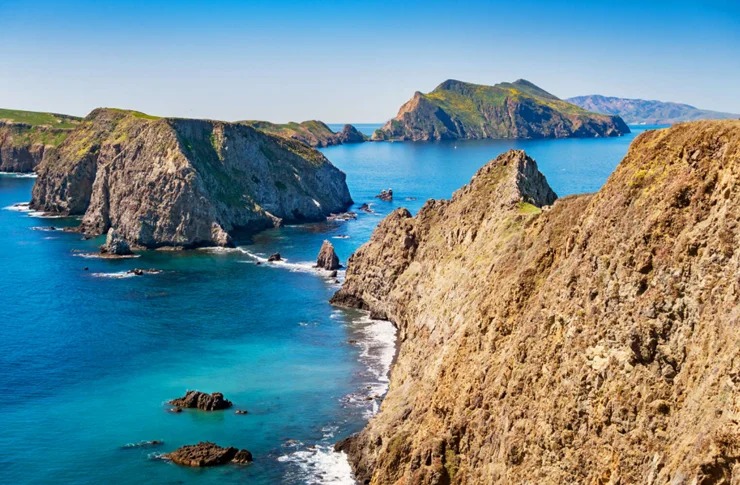

You must be logged in to post a comment.